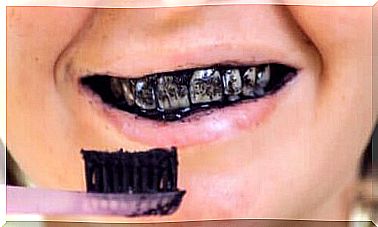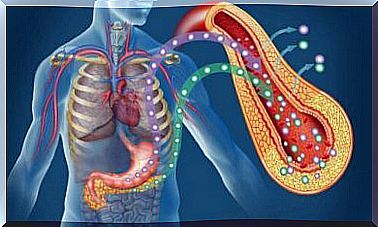Blood Groups: Donate And Receive Blood
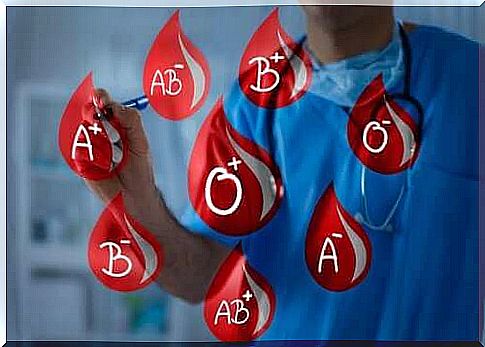
It is important to know our blood group so that we know to whom we can donate blood and from whom we can receive it. Do you know what blood groups there are? There are 4 main blood groups: A, B, O and ABO, which are determined by the presence or absence of certain proteins on the surface of red blood cells.
In addition, everyone also has a blood group based on Rh-positive or Rh-negative, depending on the presence or absence of another antigen or protein in the red blood cells.
As we said, it is very important that you know your blood type if you want to donate, for example. If you are in an emergency situation and need a transfusion, you need to know your blood type so that you can receive the same type of blood.
Donate and receive blood
We will now take a closer look at the different characteristics of the different blood groups.
Blood groups: A-positive (A+)
Group A positive is one of the most common blood types. 1 in 3 people has A+, or in percentages, 35.7% of the population.
People who are A positive can donate blood to their own blood group as well as to people who are AB positive. They share the same type of proteins, so the body will not attack the new cells. It recognizes these cells as its own cells.
In the case of a transfusion, people with A+ can receive blood from groups A and O. Donors of this type of blood are encouraged to donate blood themselves and platelets.
A-negative (A-)
In this case, the percentage of A-negative people is 6.3%, that is, 1 in 16 people of the population shares this blood group. They can donate whole blood to people who belong to the following blood groups:
- A-
- A+
- AB+
- AB-
However, they can only receive blood from people with blood type A- or O-. Donors in this group are encouraged to donate whole blood and double red blood cells.
Blood groups: B positive (B+)
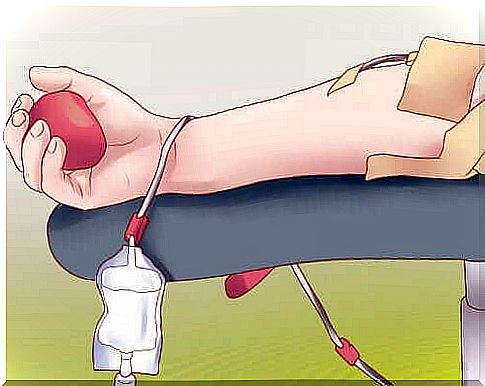
8.5% of the population, or 1 in 12 people, has type B+. Type B+ donors can donate to people with type B+ and AB+. This population group can itself receive blood from people with type B or type O.
Type B+ blood donors can have the greatest impact with both whole blood donations and double red blood cell donations.
B-negative (B-)
These blood groups are becoming increasingly rare. 1 in 67 people has this type of blood. That is, 1.5% of the population.
B negative people can donate blood to people with type B positive, B negative, AB positive and AB negative. As with the previous group, they can only receive blood from people with the same blood group or from people with blood group O-.
As for the advice on what to donate, we recommend that people who are B negative donate whole blood or platelets.
O positive (O+)
Even more popular than A+, we have O+ here. It is the most common blood group and represents 37.4% of the world’s population.
People with O+ can donate blood to all positive blood groups. However, they can only receive blood from people with O+ or O-. Donors with this type of blood are encouraged to donate double red blood cells and whole blood.
O negative (O-)
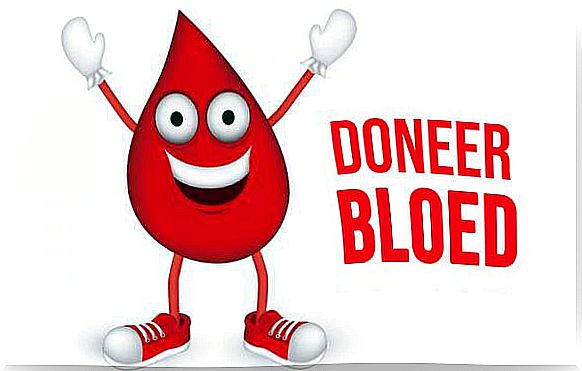
This is the famous universal donor. It has this name because people of this blood type are compatible with all blood types. That is why hospitals need this blood type the most.
The percentage of people O- represents 6.6% of the population, which is the same as 1 in 15 people.
While they can donate to anyone, they can only receive blood from people with the same blood type, O-. Specialists therefore recommend donating double red blood cells and whole blood.
Blood groups: AB positive (AB+)
AB+ is the rarest blood group, with only 1 in 29 individuals, representing 3.4% of the world’s population. Unlike O-, donors with AB+ can only donate to other people with AB+. However, they can receive any type of blood, making it the universal blood recipient.
AB negative (AB-)
This group is the rarest of all blood groups. Only 0.6% of the population has it. The blood group AB- can donate to AB- and AB+ and can itself receive from all negative blood groups. Donors of AB negative are encouraged to donate platelets and plasma.
